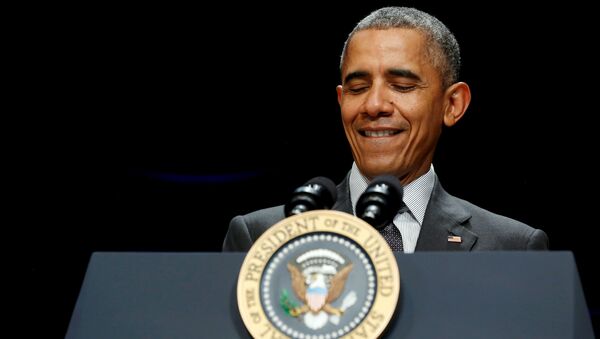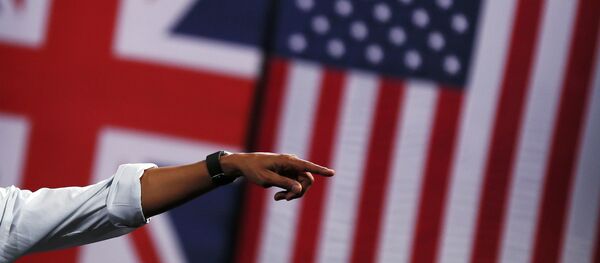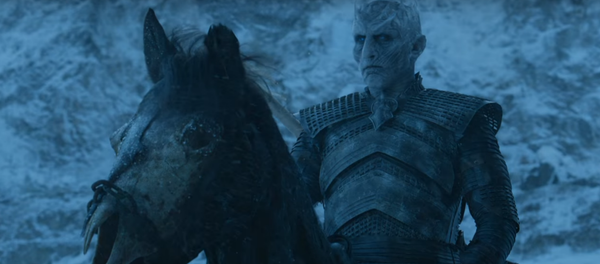Incessantly touring Europe and topping his road trip with a fiery speech in Berlin, Obama was compared to John F. Kennedy who in 1963 dropped his most famous words: "Ich bin ein Berliner". Even if it meant that he actually was a jelly doughnut, the US President's audience grew even larger as he spoke to the world, who counted on the US support of freedom and democracy.
"Even Obama's Berlin speech in 2008 was marked by great rhetoric and promises of a better future. Obama promised to be Europe's best friend, which was like music to the ears of Europe's leaders, who except for Great Britain's Tony Blair and a handful of Eastern European leaders, all were filled with an almost pronounced disdain for Bush. The hope was bright for the old continent, as well as for the relationship with their guardian angel the US," Strand writes.
According to Strand, Obama switched his priorities several years ago, as he made a U-turn to face China and Asia as more strategic areas. Now, China is America's perhaps important trading partner, despite the fact that the Chinese economy kept growing slower than predicted. Besides, the security challenges in East Asia at least as tough as in Europe, with the muscular China making territorial claims in the East China Sea.
"Barack Obama has a challenger in Europe. His name is Vladimir Putin. It is he who filled the power vacuum in Syria, when the US only halfhearted supported the opposition, and Daesh was the dominant military factor before Putin joined in with his military show last fall," writes Strand.
According to him, the United States' reticence under Obama is truly remarkable. Examples of this include the bombing of Libya in 2011, when Obama demanded that Europe should take charge and later admitted as his biggest foreign policy mistake. This applies even to Ukraine, and now Syria. Obama's European romance began with lofty words and appears to end with an air of slight embarrassment as he lost the continent for good, concludes Strand.





